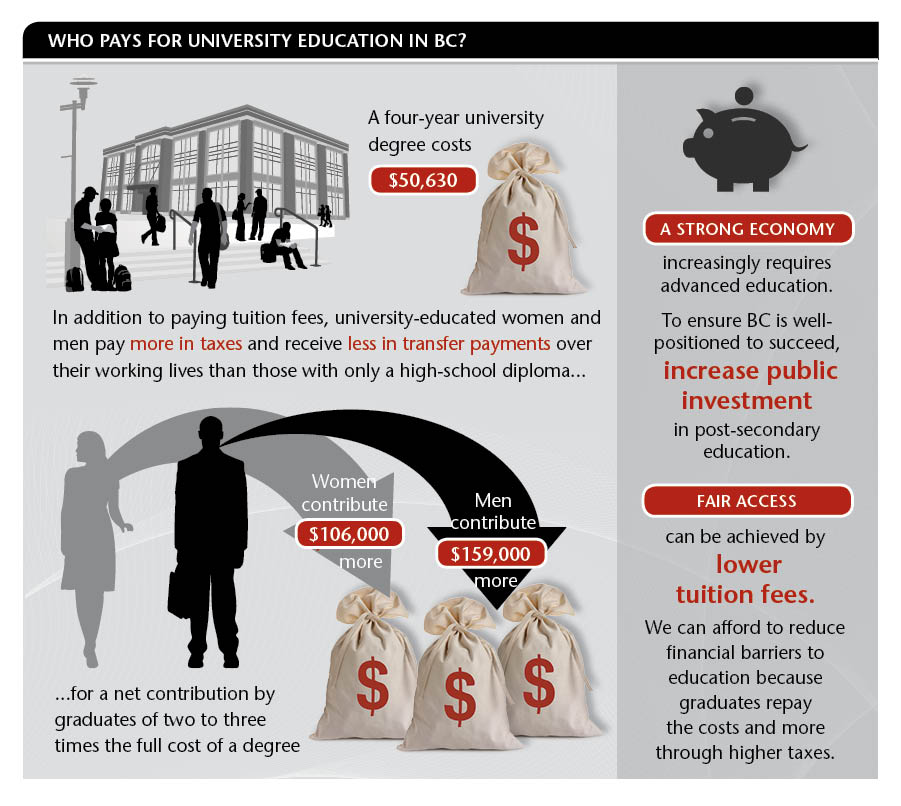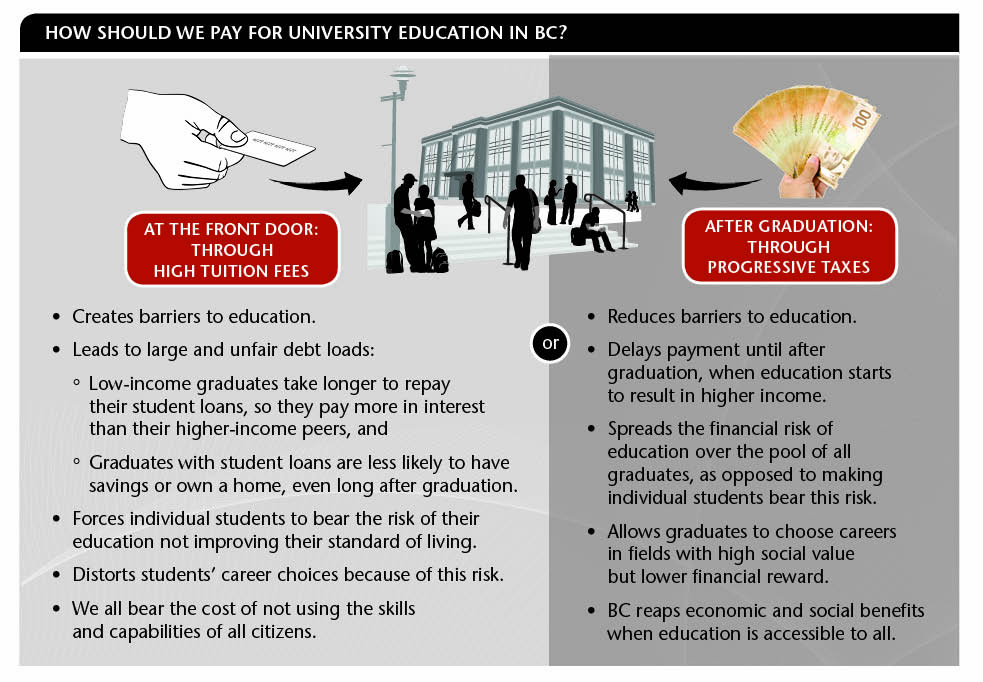Hoping to call international attention to the child poverty in Canada, the Coalition of Child Care Advocates of BC joined other Canadian advocacy groups and made presentations to the UN working group on Convention in the Rights of the Child. The organization is focusing much of their work on child poverty and the lack of childcare funding. The organization has recommended increasing the minimum wage and income assistance rates as well as creating more quality childcare spaces. The provincial government has stated it will not raise income assistance rates despite clear evidence and data submitted by UBC’s Human Early Learning Partnership (HELP) that income is a prominent factor in determining vulnerability for children.
Read more in the Tyee.


